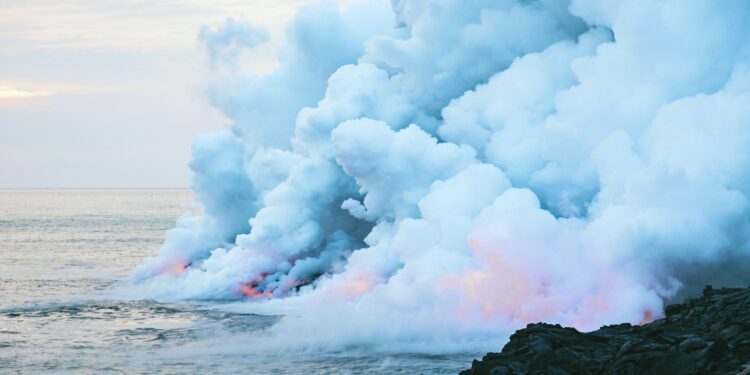It complicates the effects of anesthesia.
A recent study has found that wildfire smoke can significantly impact the safety of surgical procedures. Researchers highlighted that inhaling smoke from wildfires could complicate anesthesia effects and hinder recovery in patients. This was reported on August 6 in the journal Anesthesiology.
Dr. Vijay Krishnamoorthy, the study’s senior researcher and chief of critical care medicine at Duke University School of Medicine, emphasized that wildfire smoke poses severe health risks, particularly for people with preexisting heart and lung diseases, obese individuals, infants, young children, and other vulnerable groups. He stressed the importance for anesthesiologists to be prepared to manage the adverse effects of wildfire smoke on surgical outcomes.
The study noted that nearly 100 wildfires are currently burning across the United States, affecting more than 2 million acres. Wildfire smoke consists of a complex mix of fine particles and chemicals that can enter the bloodstream when inhaled, potentially damaging organs like the heart and lungs. These particles cause inflammation, damage blood vessel linings, and lead to clotting abnormalities, increasing the risk of cardiovascular issues such as heart attacks and strokes.
These health complications are particularly concerning for surgical patients. For example, young children with asthma face a higher risk of respiratory problems under anesthesia during periods of poor air quality caused by wildfire smoke. The study suggests that anesthesiologists and other medical professionals need to be aware of these risks and take them into account when planning and performing surgeries.
The researchers called for more studies on how wildfire smoke affects anesthesia and surgical procedures. They suggested that with more information, it might be possible to adjust surgery schedules based on predicted levels of wildfire smoke pollution, thereby reducing the risk of complications for patients.

































Discussion about this post